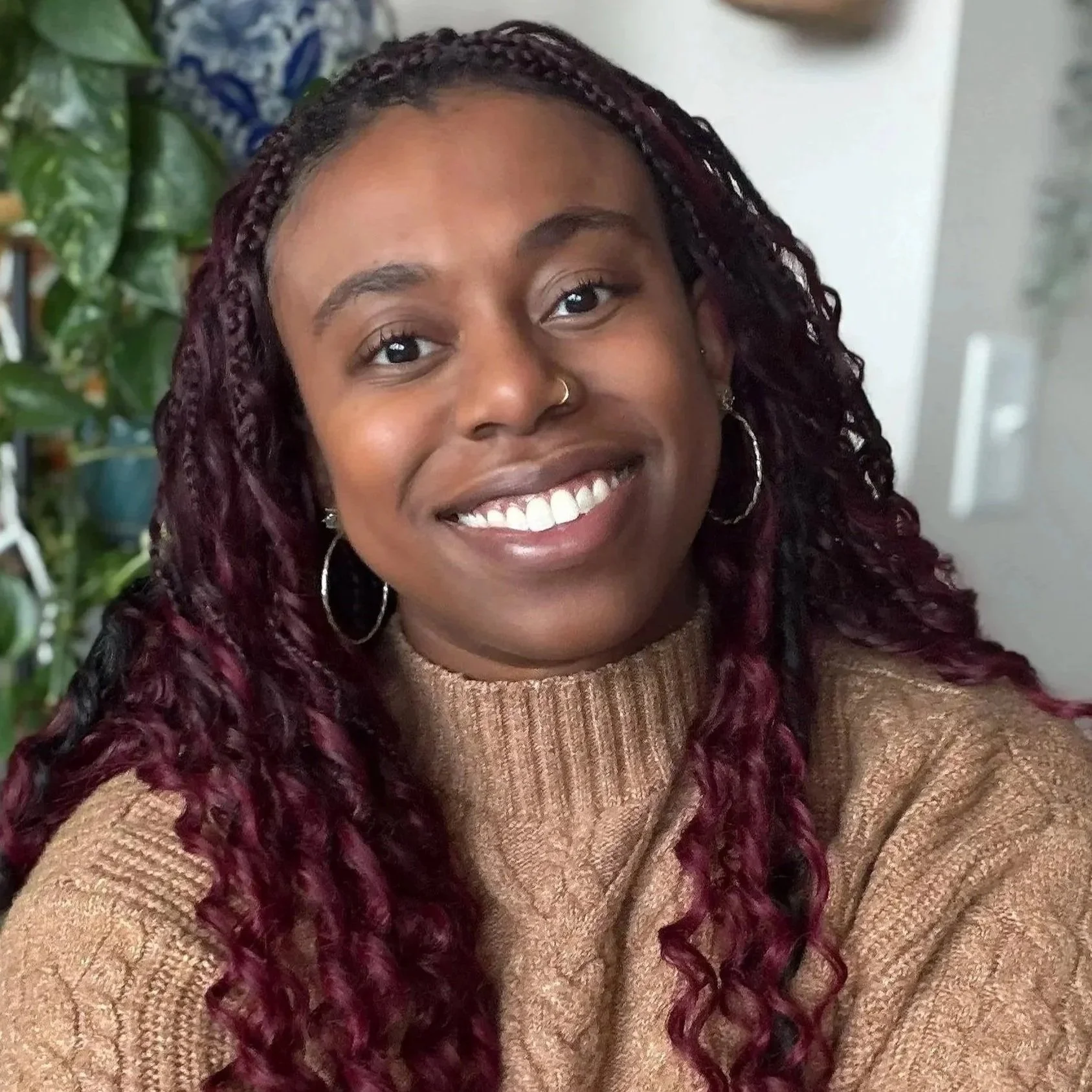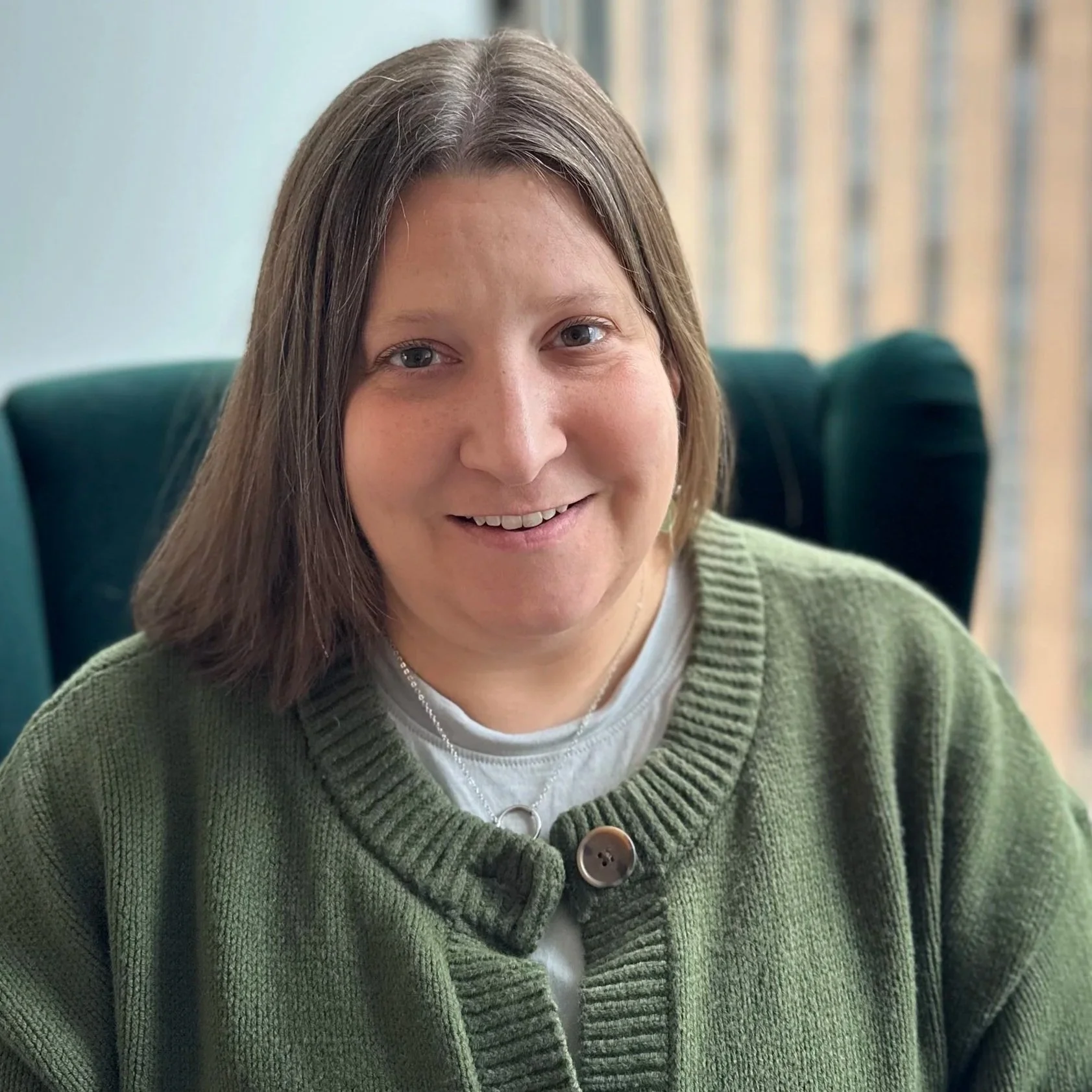Naomi Sugunasingha, DClinPsy
Insurance
Aetna
Blue Cross Blue Shield PPO
Blue Choice PPO
Medicaid
Medicare
United | Optum
Naomi is a clinical psychologist from the United Kingdom who earned her Doctorate in Clinical Psychology (D.Clin.Psy.) from the Salomons Institute for Applied Psychology at Canterbury Christ Church University. With over a decade of experience in mental health settings, Naomi brings depth and compassion to her work. She believes that individual difficulties are hugely influenced by our socio-political environment and experiences.
As a woman of colour and an immigrant, Naomi cares deeply about normalizing and empathising with the experiences of minoritized groups. She is committed to social and racial justice issues within and beyond her clinical work and seeks to ensure that there is equitable access to quality healthcare across different populations and communities.
Naomi works with adults who are processing and managing experiences of trauma. She provides remarkable care and thoughtfulness, grounded in a deep understanding of how culture, systems, and socio-political forces shape mental health. Naomi seeks to empower individuals to better understand and manage their difficult experiences in the context of circumstances that are often out of our control; including acknowledging discriminatory and oppressive government policies, experiences of adversity, poverty, and racism.
Naomi has a trauma-informed, integrative, and person-centered treatment approach. She believes that working to build trust and create a safe and warm environment is essential to developing a successful therapeutic relationship. She draws from a variety of models, including cognitive-behavioural, systemic, and compassion-focused therapies, to tailor interventions to meet the needs of her clients. In sessions, Naomi seeks to better understand her clients from a holistic perspective and considers the way in which the different parts of our identities intersect and shape our experiences.
In her free time, Naomi enjoys traveling, running, and cuddling her cat!
“Being able to feel safe with other people is probably the single most important aspect of mental health; safe connections are fundamental to meaningful and satisfying lives.”
























